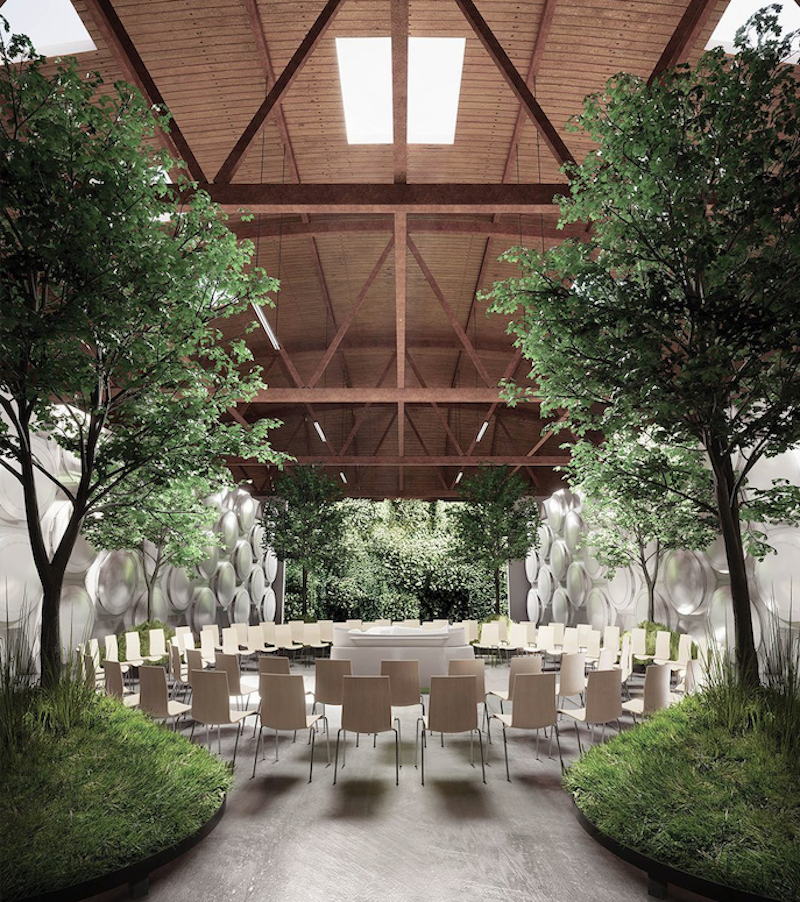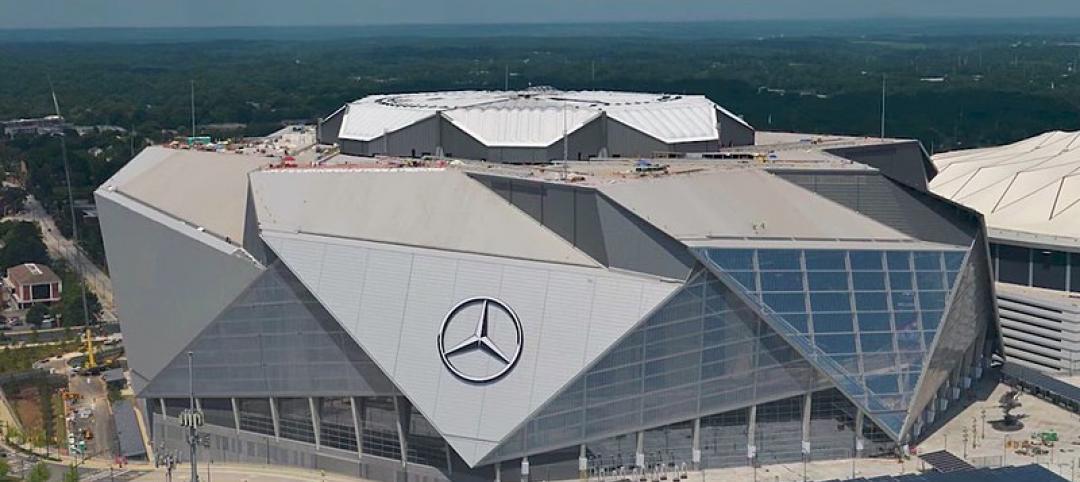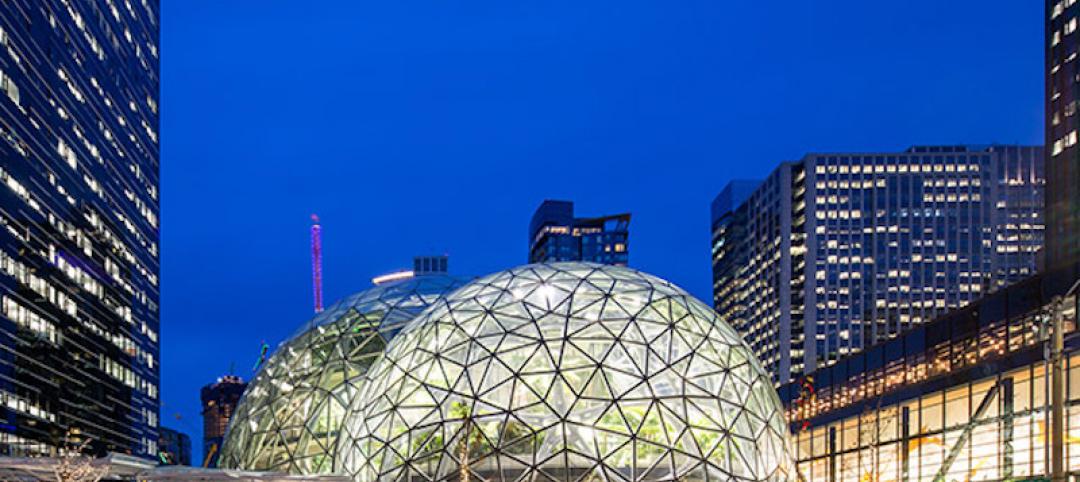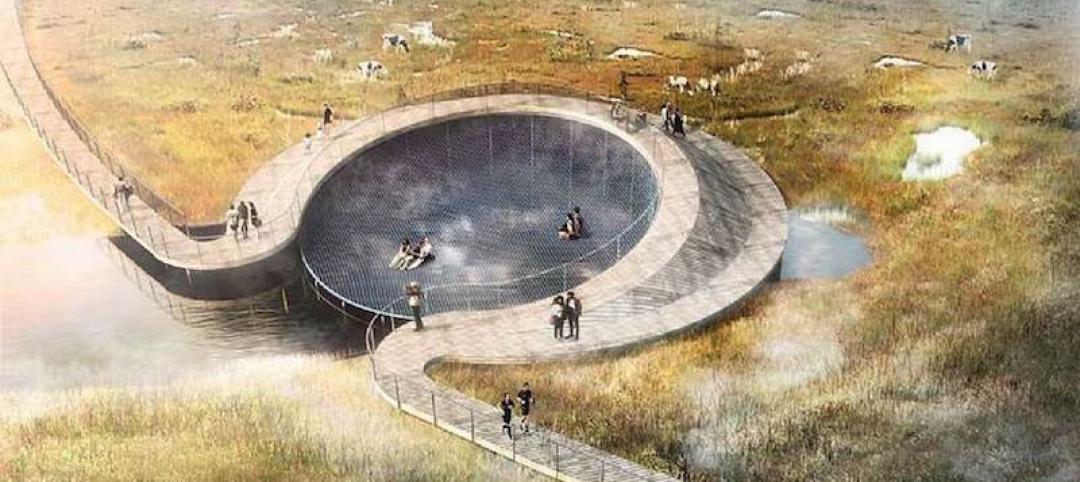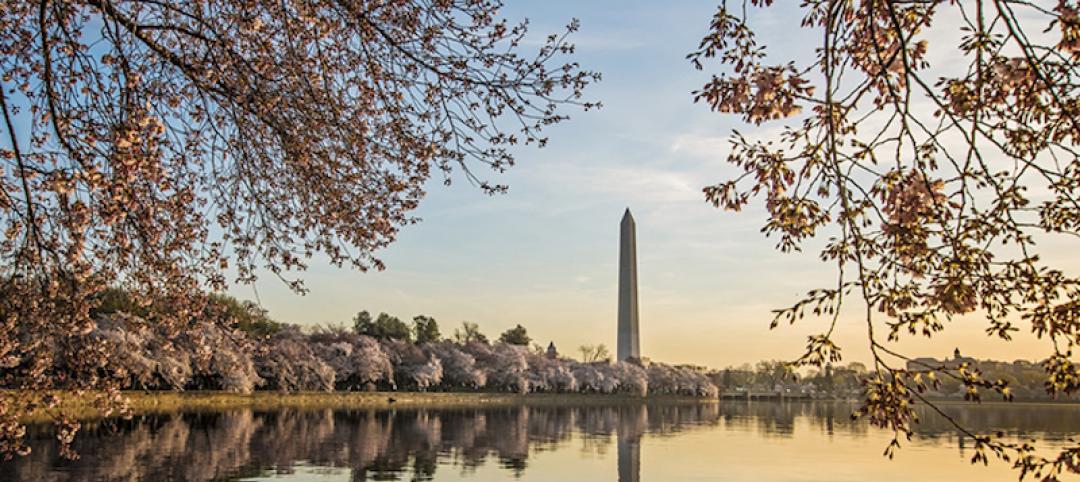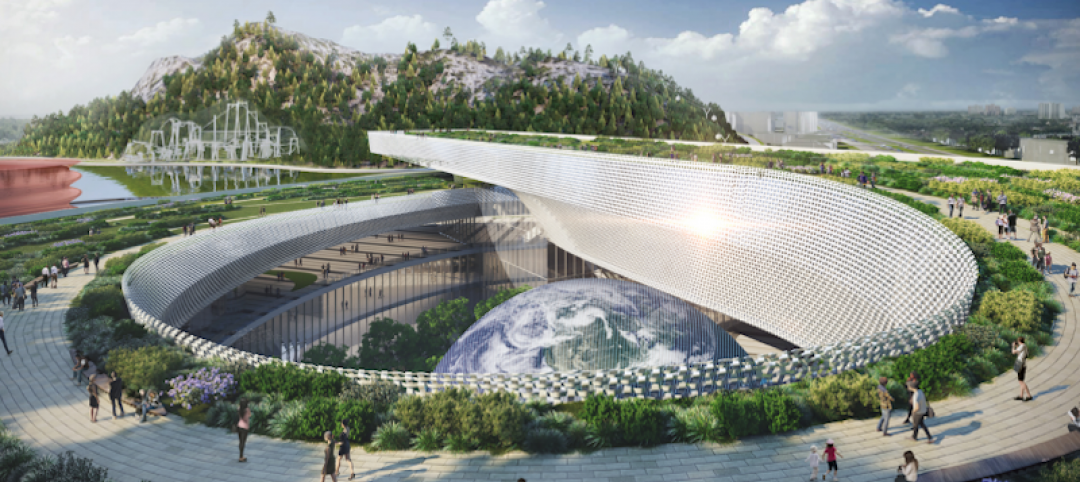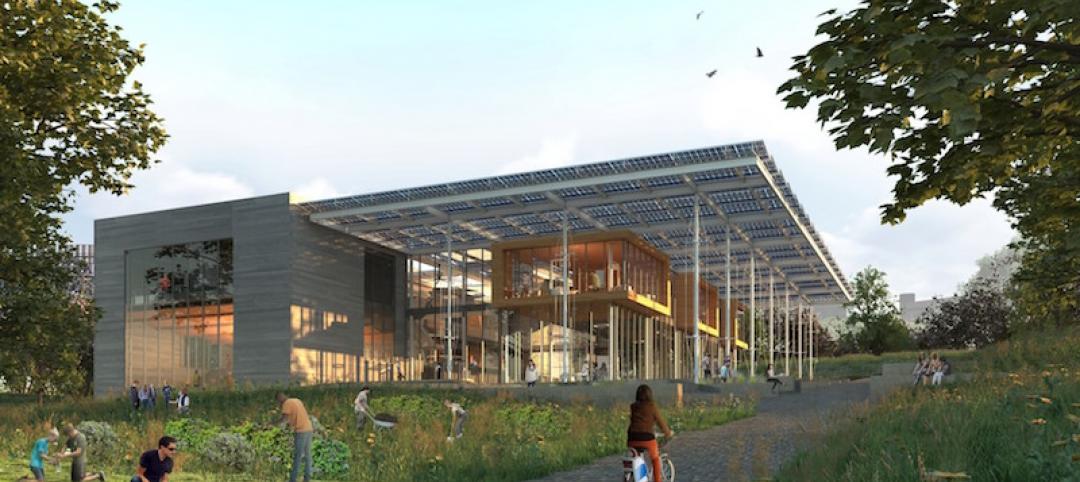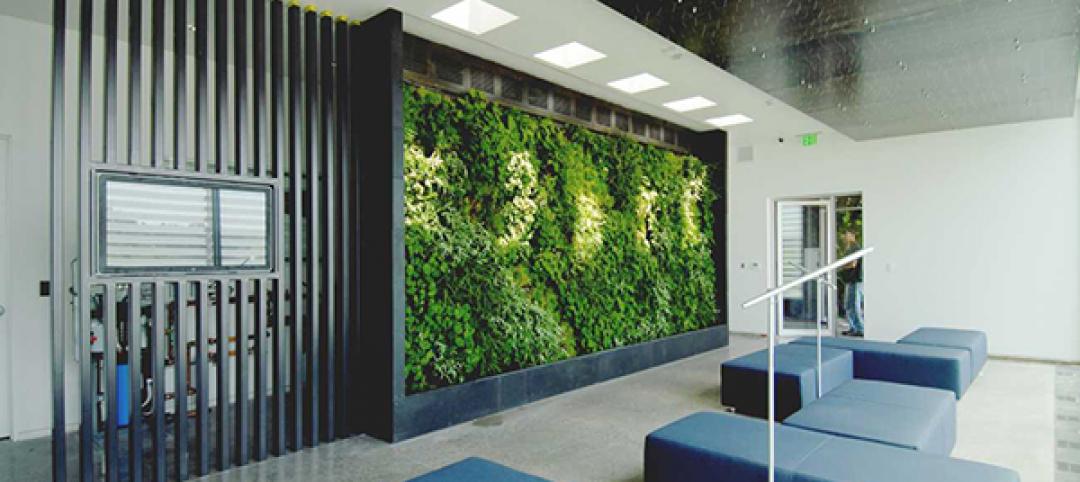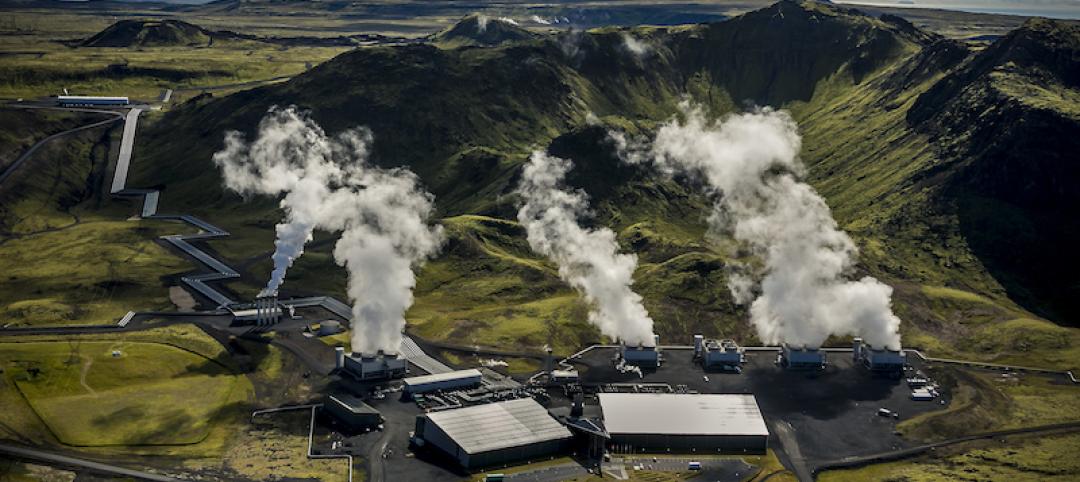Olson Kundig recently unveiled the design of the world’s first facility for “natural organic reduction,” a process that gently converts human remains into soil in about 30 days. The project was designed in partnership with, and for, Recompose, the company that offers this natural organic reduction service.
Dubbed Recompose|SEATTLE, the 18,500-sf facility will be built in Seattle’s SODO neighborhood (Washington became the first in the world to legalize this process for the disposition of human remains in April of this year). This third alternative to traditional burials and cremations uses one-eighth the energy of cremation and saves one metric ton of carbon dioxide per person. About one cubic yard of soil is created per person. Friends and family can take some or all of the soil home to grow a tree or garden, with the rest going to nourish conservation land in the Puget Sound region.
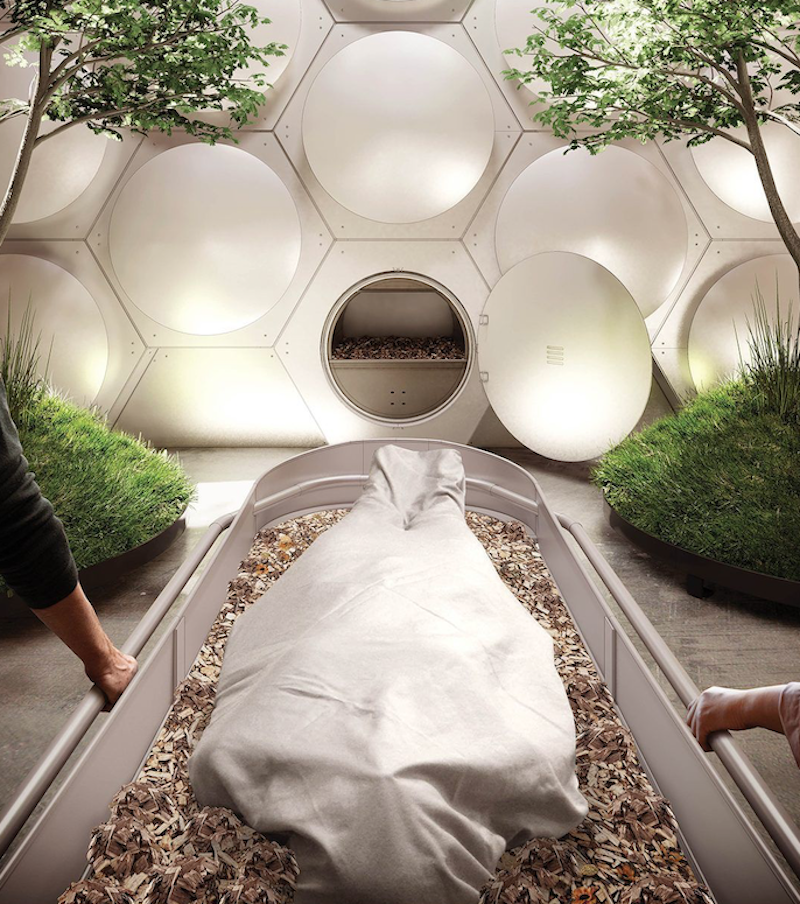
The Recompose process is centered around individual natural organic reduction vessels that transform the human remains into clean, usable soil. About 75 of these vessels will be stacked and arranged via a modular system to create a central gathering space in the core of the facility.
See Also: Kisawa Sanctuary will be a luxury resort 3D printed from sand
While it may sound a bit macabre at first, the facility is designed to be bright and open, with an emphasis on nature, which makes sense, considering nature was the basis for the recomposition process. “We asked ourselves how we could use nature, which has perfected the life-death cycle, as a model for human death care,” said Katriba Spade, Founder and CE, Recompose, in a release. “We saw an opportunity for this profound moment to both give back to the earth and reconnect us with thee natural cycles.”
The facility is slated to open in spring 2021.
Related Stories
Green | Jan 31, 2018
U.S. Green Building Council releases annual top 10 states for LEED green building per capita
Massachusetts tops the list for the second year; New York, Hawaii and Illinois showcase leadership in geographically diverse locations.
Green | Jan 30, 2018
Welcome to the Jungle: Amazon’s Spheres have opened to employees and the public
The Spheres provide the most unique aspect of Amazon’s downtown Seattle headquarters.
Resiliency | Jan 17, 2018
Climate adaptation project addresses current and future climate changes in Randers, Denmark
The C.F. Møller-designed project is slated for completion in 2021.
Sustainability | Jan 16, 2018
The nation's capital of sustainable design
Major cities, like Washington, D.C., make up less than 2% of the world’s landmass, but they contribute 77% of the world’s CO2 emissions.
Museums | Jan 11, 2018
Suzhou Science & Technology Museum will highlight new cultural district in Shishan Park
The 600,000-sf museum will be about 62 miles northwest of Shanghai.
Urban Planning | Jan 10, 2018
Keys to the city: Urban planning and our climate future
Corporate interests large and small are already focused on what the impact of climate change means to their business.
Sustainability | Dec 7, 2017
Busting the myths: What the “S-word” can mean for construction and development
Sustainability, it’s a trendy term. The problem, however, is that it’s being used in so many different ways that people don’t even know what it means anymore.
Sponsored | Sustainability | Nov 2, 2017
Galileo’s Pavilion is a true showcase of sustainability
Galileo’s Pavilion is a 3,000-square-foot academic building.
Greenbuild Report | Oct 18, 2017
Rebuild, retreat, or resist
Hurricanes Harvey and Irma expose the necessity—and limitations—of resilient design and construction measures.
Sustainability | Oct 16, 2017
A negative emissions power plant is now operational in Iceland
The geothermal power plant in Hellisheidi, Iceland was outfitted with a Climeworks DAC module.


